US stocks slip after Greek ‘no’ vote; European markets sink
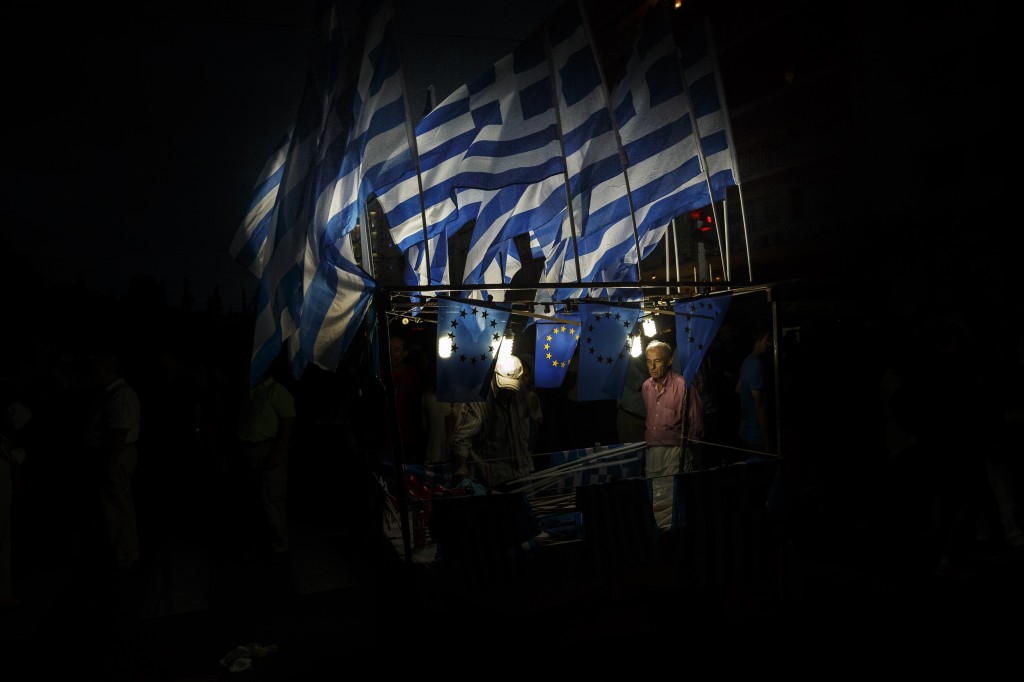
Stocks are falling in the U.S., but not dramatically, joining a wave of selling across the globe Monday after Greeks voted overwhelmingly to reject the terms of the country’s latest bailout package.
U.S. government bond prices rose as investors sought safe places to park money. Oil drillers and other energy companies fell sharply as the price of oil sank 4.7 percent.
The euro fell 0.6 percent to $1.1043. The dollar slipped 0.1 percent to 122.77 Japanese yen.
Pope brings ‘church for the poor’ to South America’s poorest
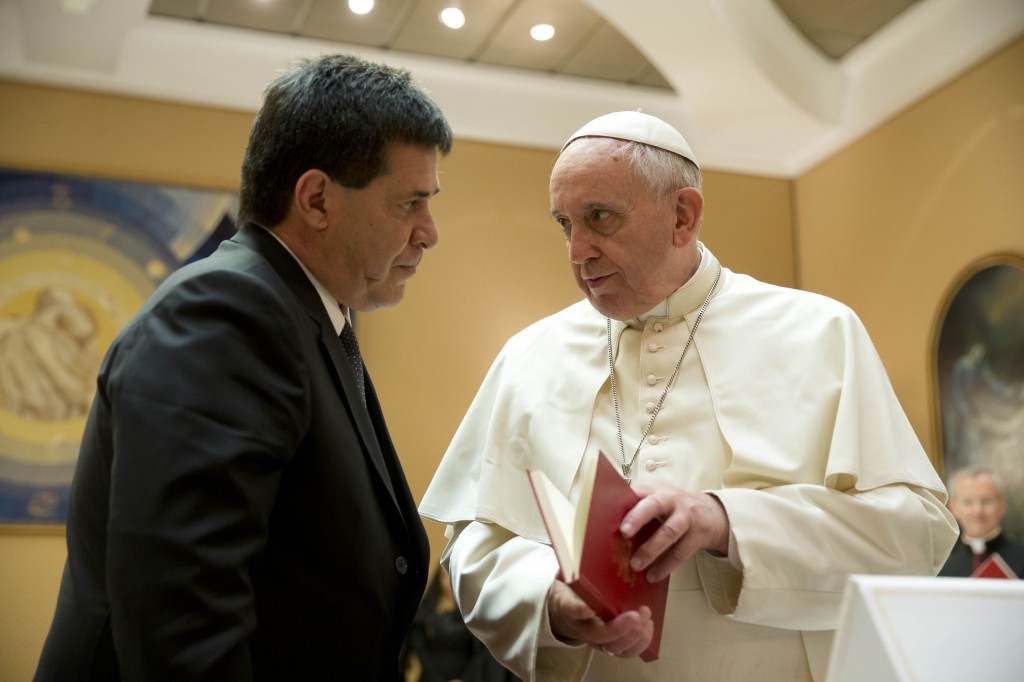
Pope Francis is taking his “church for the poor” to three of South America’s poorest and most peripheral countries, making a grueling, week-long trip that will showcase the pope at his unpredictable best: speaking his native Spanish on his home turf about issues closest to his heart.
Indigenous peoples will take center stage during much of Francis’ July 5–13 visit to Ecuador, Bolivia and Paraguay, while Francis’ own Jesuit order will be in the spotlight for its role in evangelizing the continent.
Francis has 22 speeches planned, but he’ll likely ditch some or all of them and speak off the cuff as he tends to do when working in his mother tongue, lending an air of unpredictability to the trip (and alarm for his handlers).
Debate over Confederate flag begins
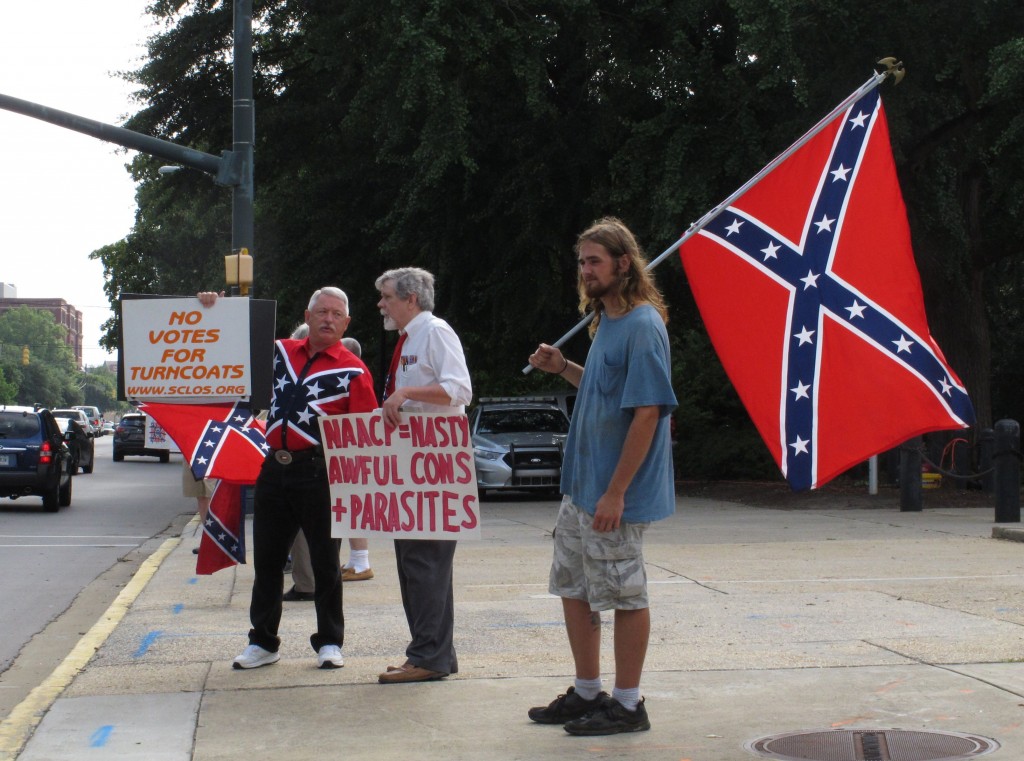
South Carolina lawmakers begin debate over Confederate flag on July 6, debating whether to bring the Confederate flag down outside the Capitol, starting with a pair of senators whose families arrived in the state before the Civil War.
The Confederate flag “has more to do with what was going on in the 1960s as opposed to the 1860s,” said Republican Sen. Larry Martin, who is white and has fought off attempts to move the flag for decades.
Martin, whose family came to South Carolina’s northern backcountry in the early 1800s, said he changed his mind after nine people were shot to death during Bible study at a historic African-American church in Charleston by a man police say was motivated by racial hatred.
Obama signs trade, worker assistance bills into law
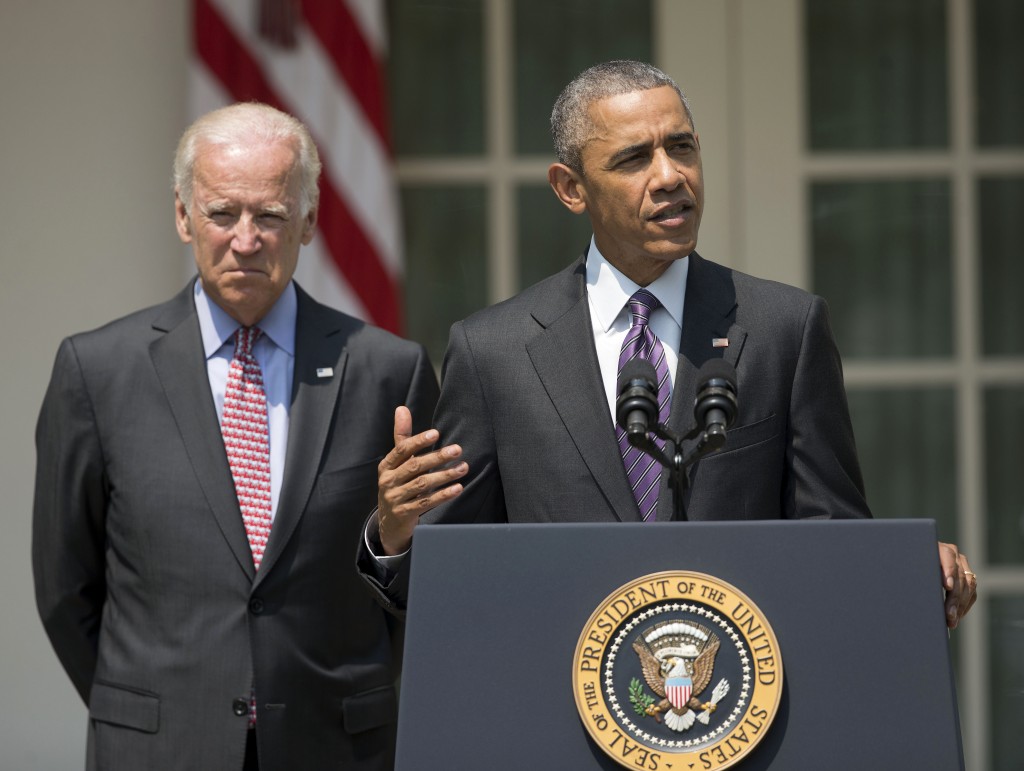
President Barak Obama signed into law two hard-fought bills giving him greater authority to negotiate international trade deals and providing aid to workers whose jobs are displaced by such pacts. The trade bill gives Congress the right to approve or reject trade agreements, but not change or delay them. Obama defied the wishes of most members of his Democratic Party and frayed relations with organized labor to push the legislation.
The 12-nation Trans-Pacific Partnership includes countries from Chile and Mexico to Japan and Australia and would give the United States greater economic influence in Asia, where China also seeks to be a dominant force.
Tsakalotos named as new Greek finance minister
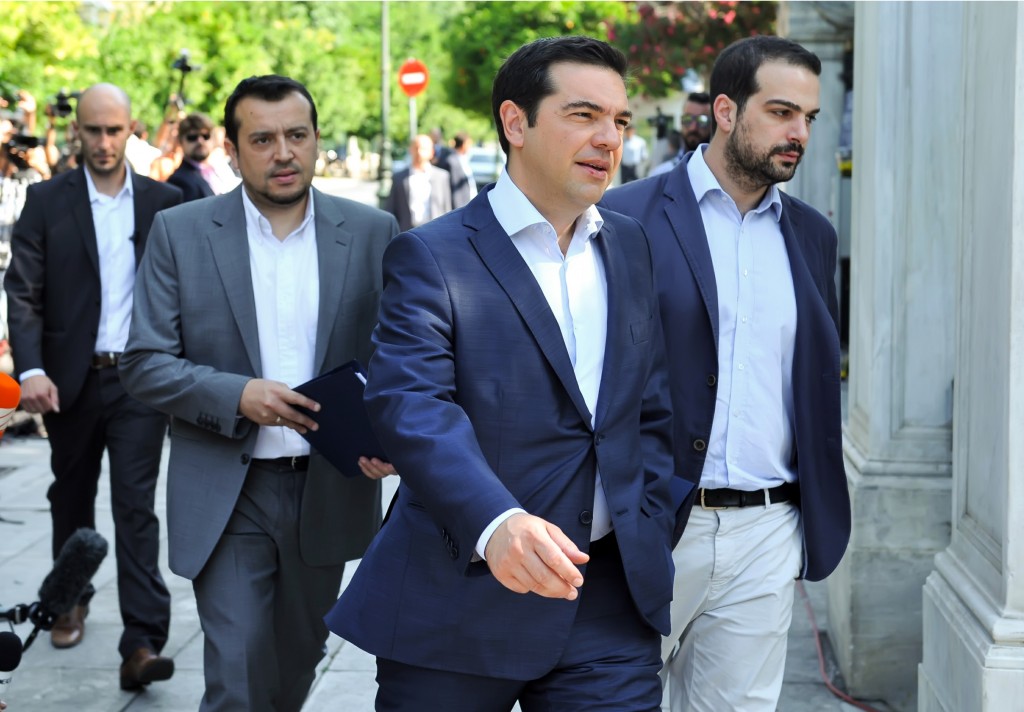
The Greek government has named Euclid Tsakalotos as the country’s new finance minister, a day ahead of an emergency meeting with creditors in Brussels.
The 55-year-old economist was Prime Minister Alexis Tsipras’ lead bailout negotiator in talks that halted last month before Tsipras called a bailout referendum. In that referendum, Greeks overwhelmingly voted against recent creditor proposals required for bailout cash.
Tsakalotos replaces fellow-economist Yanis Varoufakis, who quit earlier on July 6, saying his departure would help bailout negotiations reach an agreement.




